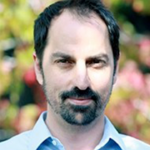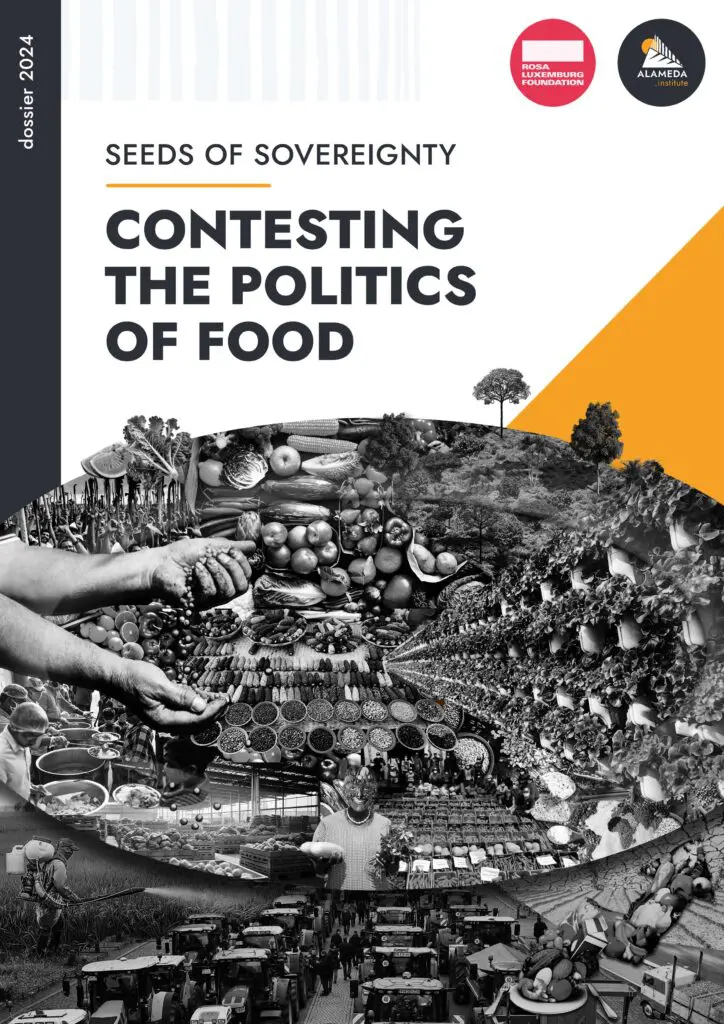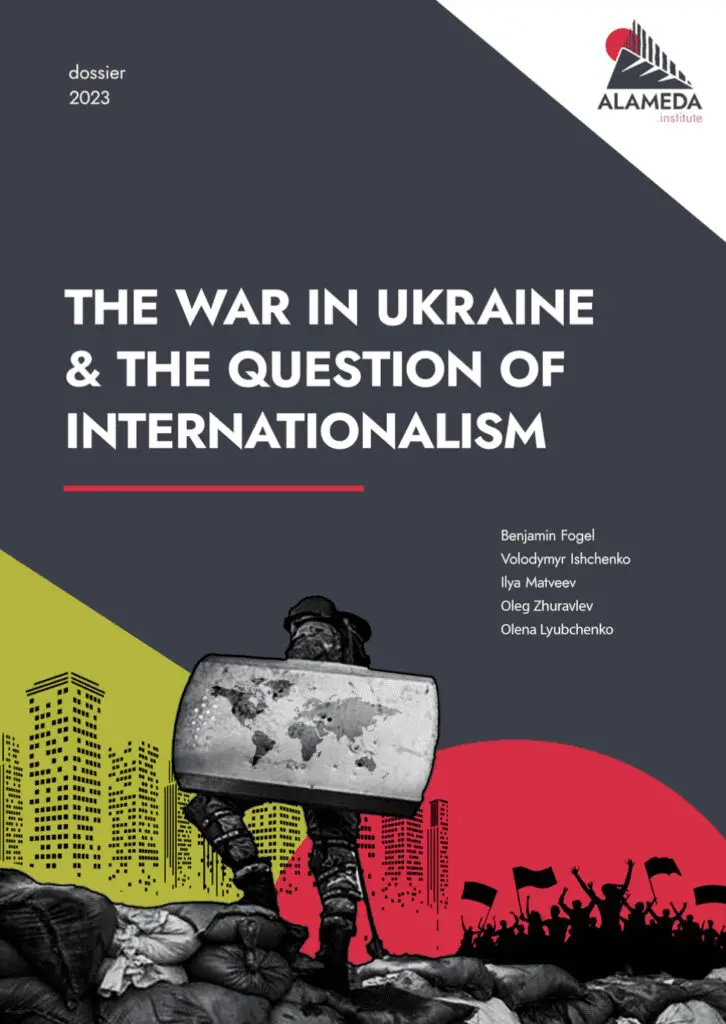VII / Teses sobre a situação na Ucrânia
A história parece estar novamente correndo ao contrário e, por assim dizer, em negativo, com a escuridão e a luz trocando de lugar. Os russos agora empregam as mesmas táticas de guerra terrestre que inspiraram o cabo austríaco e que, como Adorno apontou, já estavam obsoletas nos anos quarenta. Na madrugada cinzenta de 24 de fevereiro de 2022, o ataque veio do leste em direção a uma República oligárquica que, embora encharcada de corrupção, permite liberdades pessoais consideráveis, e não, como na manhã de 21 de junho de 1941, do oeste fascista em direção a um estado operário autoritário. À medida que as colunas blindadas avançam em meio a barragens de artilharia, a linguagem da Segunda Guerra Mundial de repente adquiriu uma estranha atualidade: kesselschlacht, guerra de trincheiras, blitzkrieg, frente. Pensávamos que a guerra móvel e a contrainsurgência haviam tornado toda essa terminologia obsoleta - coisa de tios que gostam de se envolver com história.
Como podemos entender esse ressurgimento desorientador da guerra terrestre em massa na periferia da Federação Russa? Nossos recursos literários são escassos. A experiência da guerra entre as tropas e as populações civis no front parece exigir os poderes de um Grossman ou de um Malaparte, mas tudo o que temos é Wolf Blitzer e Telegram. As reportagens parecem ter se perdido na névoa persistente da guerra. Nossos textos analíticos e políticos são igualmente fracos e suas respostas são, em sua maioria, um mingau fino temperado com chavões obsoletos. Do ‘centro’ neoliberal da Guerra Fria, aprendemos que Putin é um novo Hitler; os expoentes desse ponto de vista podem, assim, entoar contra os perigos do ‘apaziguamento’ e se apresentar com ares de Igreja. Da ‘esquerda oficial’, enquanto isso, apenas respostas pavlovianas: OTAN! Cerco! Iraque! Mudanças climáticas! No vazio entre essas posições está o que precisamos: uma explicação. Será que uma explicação é possível?
As contribuições para este dossiê de Volodmyr Ishchenko, Ilya Matveev, Olena Lyubchenko e Oleg Zhuravlev demonstram que a explicação é de fato possível. As teses a seguir, portanto, têm o objetivo de complementar os artigos desses especialistas regionais em busca de uma compreensão mais estratégica da guerra.
Tese 1
A condição fundamental para a ascensão de Putin, e o contexto no qual todas as suas decisões são tomadas, é a adoção pela Rússia de uma forma particularmente radical de neoliberalismo após o colapso da União Soviética. Essa estrutura de acumulação foi pioneira no Ocidente, mas depois foi exportada para a Rússia, assim como ocorreu em um período anterior com a tecnologia de navegação holandesa, a engenharia alemã e britânica e, é claro, o marxismo. O neoliberalismo, entretanto, nunca foi um projeto de desenvolvimento. Muito pelo contrário: ele acelerou o desdesenvolvimento, produzindo uma queda devastadora nos padrões de vida, com milhões de mortes prematuras; a expectativa média de vida dos homens russos caiu de 65 para 58 anos em sete anos e a taxa de suicídio nacional disparou em meio ao colapso da economia formal e à hiperinflação. O neoliberalismo é, em toda parte, uma técnica de acumulação política baseada em privatização, cortes de impostos e manipulação monetária. Mas, na Rússia, ele se desenvolveu sem nenhuma liga com qualquer resquício pré-existente de social-democracia, para aplicar o termo de forma genérica e livre. O resultado foi, previsivelmente, o caos do sistema de Yeltsin, que era a tarefa histórica de Putin racionalizar e estabilizar. Como argumenta Lyubchenko, até mesmo a política social ‘comunitária’ e pró-natalista da era Putin serviu para reforçar o neoliberalismo.
Tese 2
A adoção do neoliberalismo pela Rússia foi uma pílula de veneno porque não ofereceu nenhum caminho para o desenvolvimento. A capacidade produtiva foi parcialmente restaurada no início dos anos 2000. Mas, depois de 2008, o crescimento estagnou e não mostrou sinais de retorno. Os cerca de 100 bilionários que formam o núcleo da classe dominante da Rússia - aqueles a quem Ishchenko se refere como capitalistas políticos - são um estrato parasitário em busca de renda, totalmente dependente de conexões políticas e com orientação zero para o investimento em capacidade produtiva como forma de obter lucro.
Tese 3
Os resultados geoeconômicos do neoliberalismo russo são, portanto, absolutamente claros; a adoção desse modelo implica o abandono do projeto secular, que remonta pelo menos a Pedro, o Grande, de alcançar o Ocidente. O sonho da década de 1990 de que a Rússia se tornaria um ‘país capitalista ocidental’ está definitivamente acabado.
Tese 4
Paradoxalmente, no entanto, o declínio econômico da Rússia, principalmente desde 2008, não foi acompanhado por uma perda correspondente de peso no cenário geopolítico. Pelo contrário, foi exatamente nos anos após 2008, quando a economia russa entrou em parafuso, que vários golpes espetaculares de política externa foram realizados: Ossétia do Sul, Transnístria, Donetsk, Luhansk, Crimeia, Síria e, no Ocidente, interferência eleitoral em uma escala bastante substancial. Todos esses foram, obviamente, assuntos de baixo custo e baixo risco que renderam grandes recompensas geopolíticas. Mas essas aventuras também semearam as sementes fatais da arrogância e da autoilusão entre Putin e seu círculo íntimo, cujo fruto envenenado foi o projeto de invadir a Ucrânia. Pois era possível manter a ilusão de que a Federação Russa era realmente uma grande potência, desde que não mordesse mais do que podia mastigar. Mas, depois de colher as migalhas, a tentação de comer o bolo inteiro, que está se revelando bastante indigesto, foi grande demais para resistir.
Tese 5
Um dos principais motivos para a extraordinária pureza do neoliberalismo russo é a destruição stalinista do partido bolchevique em sua forma inicial; isso, juntamente com o ataque intimamente relacionado ao campo, significou que a virada para o capitalismo na Rússia, diferentemente do caso da China, não pôde ocorrer dentro de uma estrutura institucional orientada para metas de desenvolvimento. A estrutura de incentivos dentro da nomenklatura também desempenhou um papel na produção de uma classe parasitária de capitalistas políticos. Dessa forma, a transição da Rússia para o capitalismo acelerou o colapso da capacidade estatal.
Tese 6
Sem um caminho econômico plausível em direção à paridade com o Ocidente, mas com alta confiança nas forças armadas, que de fato A Ucrânia, que é um país com uma economia de mercado e está repleta de corrupção, liderança ruim, moral baixo e problemas de abastecimento, Putin optou pela escolha lógica: expansão geopolítica. Como as escolhas mais fáceis já haviam sido feitas, a próxima etapa clara era a própria Ucrânia. Ele acreditava que o país poderia ter caído quase tão facilmente quanto a Crimeia foi anexada.
Tese 7
A geopolítica de Putin está em uma relação de completa descontinuidade com o passado soviético. Em primeiro lugar, as tensões internas que a impulsionam não derivam do ‘nacionalismo econômico’, mas sim das crises de legitimidade causadas pelo neoliberalismo. Em segundo lugar, essa é uma guerra que está sendo explicitamente enquadrada em termos etnonacionais e antileninistas; em algumas ocasiões, Putin atacou Lênin por ‘criar a Ucrânia’.
Tese 8
Mesmo que as fraquezas militares da Rússia tenham sido exibidas para todo o mundo ver, parece que o sentimento nacionalista russo se fortaleceu por trás do esforço de guerra, mesmo quando aqueles que supervisionam o esforço de guerra se debatem e brigam em público. Pelo menos por enquanto, não parece que o regime de Putin esteja enfrentando uma ameaça interna.
Tese 9
A guerra criará um sentimento extraordinariamente poderoso de nacionalismo ucraniano pela primeira vez na história. Essa é uma de suas maiores ironias.
Tese 10
Em geral, a irracionalidade das ações de Putin reflete os problemas de legitimidade criados por um sistema econômico que não oferece nada à população subjacente. A situação atual da Rússia exemplifica essa crise geral de forma cristalina. Como argumenta Oleg Zhuravlev, o próprio Estado russo foi politizado no contexto dos movimentos de protesto em massa na Ucrânia e na Rússia em resposta a essa crise.
Tese 11
Até agora, os comentários políticos têm se contentado em reciclar a fraseologia e as posições do passado. A questão, entretanto, é pensar e, em seguida, construir as ferramentas analíticas do futuro.
ARTIGOS RELACIONADOS
Sovereigns of Brazil
Estamos agora no estágio Sopranos do imperialismo
O ‘Complexo Militar-Digital’ controla tudo?
Quem são os humanitários?
Por que a soberania digital é importante
Uma administração sem lei de Trump se descontrola no Caribe
Uma questão pós-social
A política da normalidade na Rússia e na Ucrânia em tempos de guerra
Sobre os limites do humanitarismo
A máquina humanitária: Gestão de Resíduos em Guerras Imperiais
Deslocamentos
Recuperando a soberania digital: Um roteiro para construir um ecossistema digital para as pessoas e o planeta
Partido Labour, ajuda externa e o fim da ilusão
A Revolução Presa do Camponês
Humanitarismo ocidental: Saving Lives or Regulating Death?
Abordagens não alinhadas ao humanitarismo? Intervenções da Iugoslávia no movimento internacional da Cruz Vermelha na década de 1970
I. Introdução: Contendo o dossiê de política
III. Energia e democracia ecossocial contra o gattopardismo fóssil




